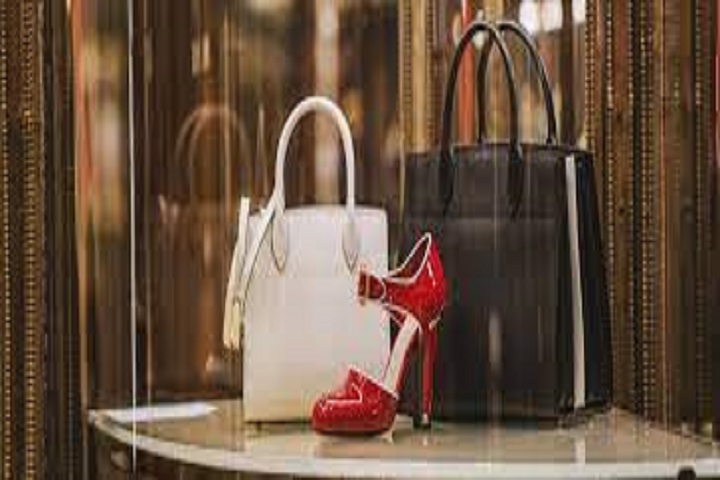Introduction
Anyone who thinks fashion is inconsequential and doesn’t deserve serious attention must think again. Fashion is a strong force that has always played a significant role in the evolution of mankind’s society. As far back as the Egyptian, Greek, and Roman Empires, fashion was a key social element that reflected society through apparel, accessories, and cosmetics.
Fashion also had an influence on decisions regarding politics, economy, education, and art. In the ancient Roman Empire, the visual representation of fashion was so ingrained within the society that the ruling government decreed the models and colors of shoes worn by the members of each social class. Also during the early years of industrialization, wealthy Americans and Asians traveled to Europe to acquire luxury goods, boosting international trade and the expansion of the global economy.
In addition, the Grand Nobles of the Renaissance period and the aristocrats of the past centuries all stamped their significance and contribution to society’s evolution through fashion. The fashion tradition remains prevalent today, albeit in a modern way. Luxury fashion played a prominent role in the social and economic order of previous centuries and continues to influence our modern societies, economies, and governments.
The global luxury fashion sector is estimated to be worth US$130 billion. The sector is one of the few industrial segments that have remained a constant world economy contributor with an annual growth rate of approximately 20 percent. In addition, the industry has made noteworthy contributions to national economies. The luxury fashion sector is the fourth largest revenue generator in France; and one of the most prominent sectors in Italy, Spain, the USA, and the emerging markets of China and India.
The sector is currently one of the highest employers in France and Italy. In the USA, the fashion apparel industry is the fastest-growing sector, while several Asian economies have witnessed a boom as a result of the entrance and expansion of luxury brands in the region.
The clothing and accessories retail 1 business are also among the fastest-growing industries in several parts of the world. Fashion has become so influential in the current global economy and world affairs that the United Nations recently launched a program of fashion shows, called ‘Catwalk the World’, as a platform for raising humanitarian aid.
Fashion is now also directly linked with film, music, literature, arts, sports, and lifestyle as never before. The contribution of fashion and its growing influence has also permeated into other aspects of the business sector as has never before been witnessed.
ver before been witnessed. Despite the high influence of fashion in our society, its analysis from a business strategy viewpoint lacks consensus and structure. This is perhaps a result of the assumption that the intellectual analysis of fashion is an impossible challenge. Or because fashion creativity and business intellect have been viewed as two parallel lines with no meeting point.
In luxury fashion, where there’s a heavy emphasis on design and creativity, this perspective is more underlined. Well, the days of these assumptions are gone because, today, the business of fashion requires sophisticated management techniques in addition to a high level of creativity and innovation. The rapid development of the business strategy aspect of fashion management and its balancing act with the creative world are some of the factors that prompted the writing of this book on luxury branding. The marketplace would be colorless without luxury brands.
Luxury fashion brands are unique, intriguing, and special. This is not a biased statement from someone who has an innate affinity for fashion branding. It is rather a statement of the fact that luxury fashion provides a means to a lifestyle that is triggered by deep psychological and emotional needs, which are expressed through ingenious products. A respected writer and branding expert recently told me that he believes that luxury brands deceive customers by selling over-priced branded goods that are produced at a fraction of their price tags.
Conclusion:
I disagree with this view (excuse me, Mark). I subscribe to the apparent fact that luxury brands provide a complete package of significant benefits to consumers, the social environment, and the global economy. When people purchase a luxury fashion item, they don’t just buy the product but a complete parcel that comprises the product and a set of intangible benefits that appeal to the emotional, social, and psychological levels of their being. It is quite challenging to find another sector apart from luxury goods, that can claim an emotional connection with their consumers to such an extent that the desire for a product increases as the price tag increases.
 TRUTHREVIEWERS
TRUTHREVIEWERS




